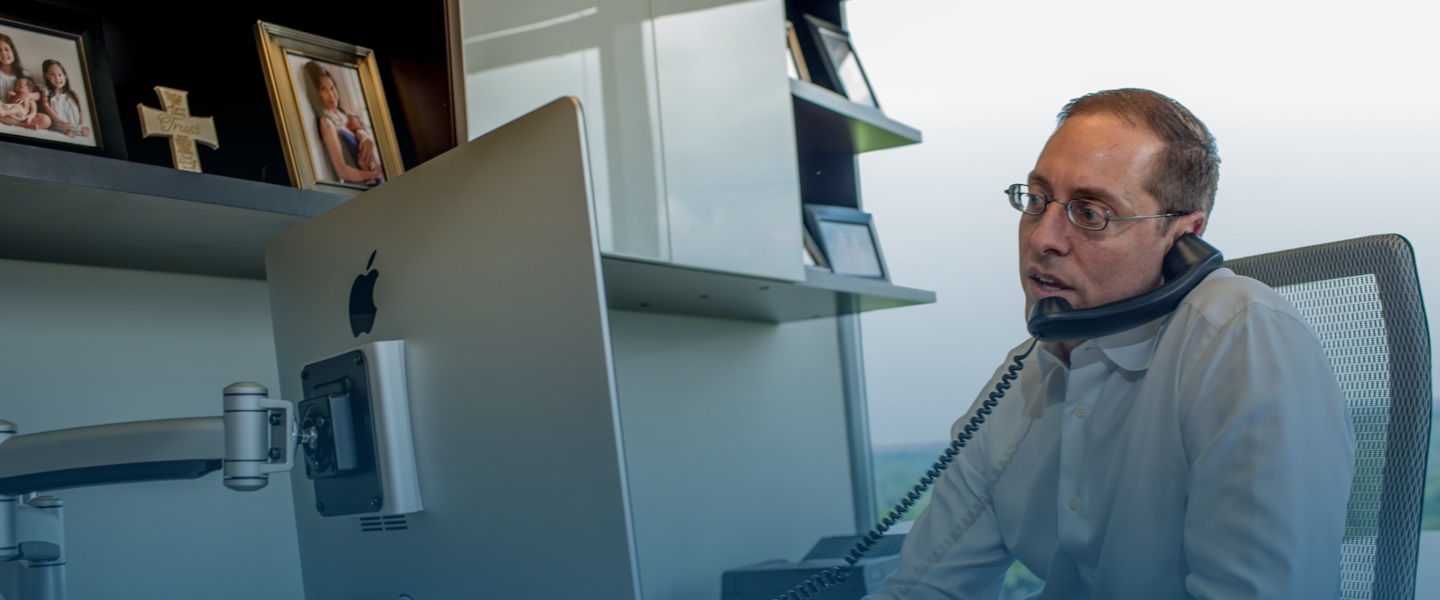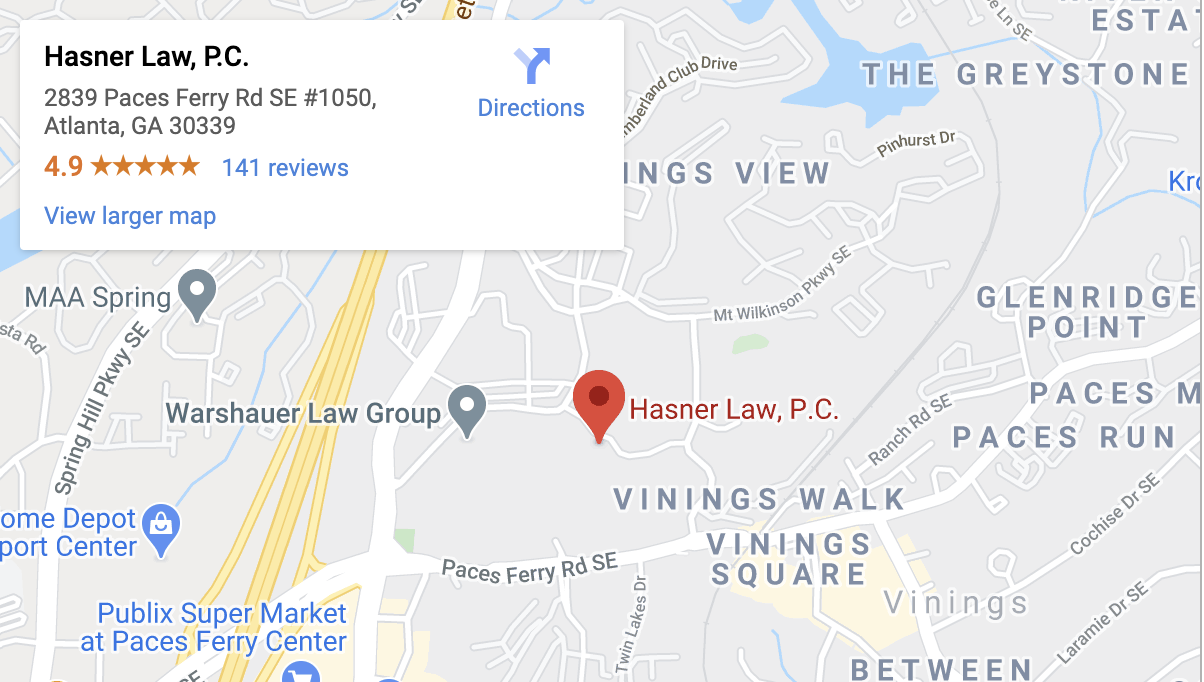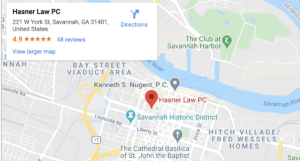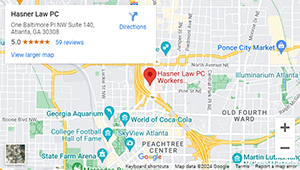What Types of Cases Do Personal Injury Lawyers Handle?

Personal injury is a very broad practice area of law. Imagine the number of ways in which the human body can be injured, and you will understand just how broad this practice area is.
Most personal injuries however fall within a few broad categories.
What Do Almost All Personal Injury Claims Have in Common?
Most personal injury cases revolve around negligence. In almost all injury cases, you must prove four legal elements to win your claim:
- The defendant owed a duty of care to the victim.
- The defendant breaches their duty of care, either by committing a wrongful act or by wrongfully failing to act.
- The defendant’s breach of duty caused the harm that the victim suffered.
- The victim suffered measurable harm (damages).
You must prove all of these four elements on a “preponderance of evidence” (a “more likely than not” basis).
What is Unique About Motor Vehicle Accident Cases?
Motor vehicle accident cases are perhaps the most common of all personal injury claims. These claims are very diverse, and they include:
- Car accidents;
- Truck accidents;
- Motorcycle accidents;
- Bicycle accidents;
- Pedestrian accidents;
- Bus accidents;
- Train accidents; and
- Boat accidents.
One of the unique features of vehicle accident cases is that most vehicle owners must carry liability insurance. If another driver causes your accident, you can file a third-party claim against that driver’s auto liability insurance. Required insurance limits vary.
Automobile drivers in Georgia, for example, must carry enough insurance to cover $25,000 in bodily injury per person and $50,000 per accident. At the other end of the spectrum, commercial truck drivers must carry insurance with much higher limits–sometimes up to millions of dollars per accident.
What is Unique About Premises Liability Cases?
One of the unique aspects of premises liability cases is that the law holds owners and occupiers of real estate responsible for dangerous conditions on their property that cause injury. Premises liability claims often arise when a customer is injured at a commercial business establishment. Someone might break their hip, for example, falling down a malfunctioning escalator at a department store.
The owner or operator of real estate is responsible for repairing any known dangerous condition and any dangerous condition that they could have discovered through a reasonable inspection.
In other cases, the owner or operator of premises may simply warn guests of certain unavoidable dangers (a “Wet Floor” sign after someone has just mopped the floor, for example).
What is Unique About Product Liability Cases?
A product liability case arises when someone is injured through the use of a defective product. Imagine, for example, that a defective toy injures a child. One unique aspect of a product liability case is that you do not have to prove that the defendant was negligent to win your claim. Instead, you must prove that the product was defective and unreasonably dangerous.
Another unique aspect of such cases is that you can sue anyone in the chain of distribution of the product. That means you can sue the manufacturer, the wholesaler, the distributor, or the retailer. You can sue for a manufacturing defect, a design defect, or a failure to adequately warn of the dangers of the product (“Should Not Be Taken By Pregnant Women”, for example).
What is Unique About Medical Malpractice Cases?
Medical malpractice cases occur when a doctor’s substandard treatment injures a patient. Medical malpractice cases are unique in the very high standard of care to which the law holds medical professionals. A doctor must observe a much higher standard of care when treating a patient than an ordinary citizen would have to observe rendering first aid.
Another unique aspect of medical malpractice cases is the almost universal use of medical expert witnesses to determine the defendant’s liability. A third unique aspect of many medical malpractice cases is their scientific complexity.
What is Unique About Workers’ Compensation Cases?
Workers’ compensation cases arise when someone suffers a workplace injury. The accident might be a sudden event, or it might be a condition (such as carpal tunnels) that occurs over a long period of time.
One of the unique aspects of workers’ compensation cases is that you do not have to prove your employer committed misconduct to win your claim. Another unique aspect is that you normally cannot claim compensation for intangible damages such as pain and suffering or mental anguish.
What is Unique About Assault Cases?
One of the unique aspects of assault cases, including sexual assault cases, is that the defendant intentionally injured the victim. A “road rage injury” is a good example of this type of personal injury claim. In most cases, the victim asserts an assault claim while the prosecutor initiates a criminal prosecution (these are separate proceedings).
Another unique aspect of assault cases, unfortunately, is that most insurance policies do not cover intentional assaults. A third unique aspect of assault cases is that it is often possible to win punitive damages in addition to the ordinary compensatory damages.
Contact Our Personal Injury Lawyers For a Free Consultation
Have you been injured in an accident that you suspect was someone else’s fault? You might be eligible for compensation, and your claim might be worth a lot more than you think. At Hasner Law Injury & Workers’ Compensation Attorneys, we handle personal injury and wrongful death cases, and that is all we do. Contact us today for a free consultation.






